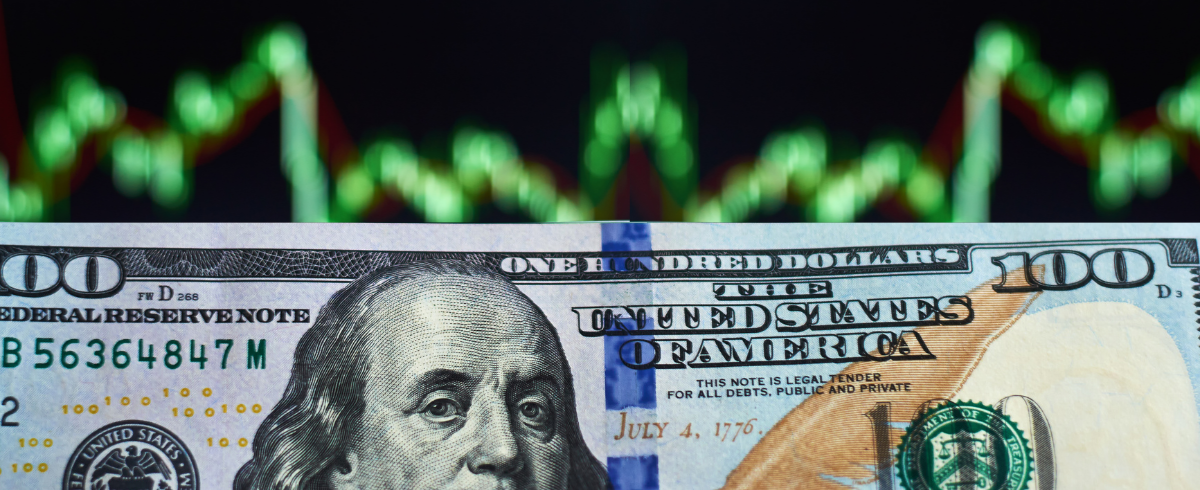During the past few years, I often felt I was the sole economic pessimist. I urged my friends and whoever would listen to rent and not buy their apartments (Rent … unless you want to buy, I professed that the current economic imbalances would lead to disaster (Macro Perspectives on Global Liquidity) and that the downside risk to the economy was much greater than people expected (A Different Perspective on the Global Economy).
How times have changed. There is palpable fear in the air and many seem to think we are headed for another Great Depression. Shockingly, by sheer relativism I now find myself among the optimists. I am not saying things are about to get better, quite the contrary, but I am reiterating my analysis that we will have a rather prolonged downturn, but no Great Depression (The US Economy: How bad will it get?).
In the short run things will undoubtedly get worse. Despite their recent fall, real estate prices remain well above historical norms and will have to fall in real terms either through further falls in nominal prices or through many years of stable prices given the current inflation rate. Financial firms still have a lot to worry about. Hundreds of billions of dollars of variable rate mortgages will reset in 2009 causing further foreclosures. Credit card loan books are headed for trouble as consumers have seemingly tapped out their credit cards (the most expensive form of credit available) instead of decreasing spending to maintain their standards of living. Economic headwinds will lead to higher unemployment and cause delinquencies to rise on both credit card and car loans. Given the economic uncertainty, companies will undoubtedly be more careful, which makes sense on a micro level, but slows down economic activity. The unemployment rate will rise and way well exceed 10% at some point in the next few years. The personal savings rate will rise to a more sustainable rate both as households repair their balance sheets and baby boomers prepare for retirement. Again, this makes sense on a micro level, but will lead to further macroeconomic slowdown. Exports which had been the saving grace of the US economy for the past few months are unlikely to be able to hold up given that the crisis has spread to Europe where Italy and Spain are already in recession with Germany on the brink of one. Japan’s export led economy may have already faltered and may be heading back into deflation.
In other words the crisis will spread from Wall Street to Main Street and the US economy and that of the world will slow down significantly for the next few years. However, this is not a Great Depression. Between 1929 and 1933, the US economy shrank by a quarter. Real estate prices fell by 50% in 2 years. Retail banks failed. Unemployment reached 25%. Many queued around the block for soup and bread. In New York many who lost their residence found refuge in Central Park.
The unemployment rate is currently 6.1% and the banks that have mostly been affected by the crisis are the commercial banks rather than the retail banks. Most importantly, the Fed has learned from past mistakes. Overly tight monetary policy turned the downturn into the Great Depression during the 1930s. Ben Bernanke is a scholar of the period and will not let it happen again. The global rate cute that was orchestrated by the major global central banks yesterday shows they understand the gravity of the situation and are trying to provide appropriate liquidity. I am confident the combined might of all the world’s central banks will prevent the crisis from becoming catastrophic.
After a few lean years, having avoided a Depression, I am sure we will bounce back and a new boom will start in green technologies with support from the continued growth for Internet and biotechnology companies.
